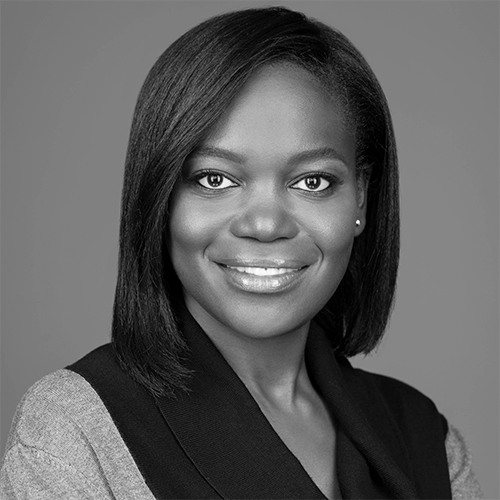“What’s a cute chick like you doing opposing my motion?” an attorney asked as he pinched Heidi Wilson’s rear end while she approached the bench. She was about to argue a summary judgment motion and had a split second to decide whether to make a scene or stay focused on delivering a strong argument on her client’s behalf. It was 1976, and Wilson’s intelligence and education notwithstanding, her male counterparts were not deterred from inappropriate comments in what was then the “gentlemen’s sport” of law.
Even into the early 1980s, women often weren’t taken seriously as lawyers. Wilson and others followed the advice of a popular book called Dress for Success in hopes that wearing dark suits with tie substitutes would help them appear more “powerful” and avoid propositions and sexist comments. Wilson cut her hair short, wore sturdy shoes, and little makeup. She even took a class called “Acting for Lawyers” where she learned how to stand, use her voice more powerfully, and not let her emotions show through her face or body language.
Hard work and determination paid off and Wilson became a successful trial lawyer working for a large Minneapolis firm. Yet after seventeen years, her heart was no longer in the cutthroat world of high-stakes litigation and she began to look at corporate opportunities. Wilson soon landed a position as senior corporate counsel for Medtronic in 1993, where she supervised litigation and then transferred to the corporate practice where she worked for two vice presidents—her first experience working for women.
In 1995, Wilson became vice president and general counsel of the Musicland group and was instrumental in pulling it away from the edge of bankruptcy. When Musicland was sold in 2001, Wilson took advantage of a generous severance package and spent two years working as an independent consultant and volunteering with an array of nonprofits.
“With that luxury of time, I discovered what I truly love: complex problem solving with a great team of people,” she says. It was that realization that guided her to the Tennant Company in 2003, where she is now senior vice president, general counsel, and secretary.
Tennant Company is a world leader in designing, manufacturing, and marketing solutions for customers who want to achieve quality cleaning performance, significantly reduce their environmental impact, and help create a cleaner, safer, and healthier world. Innovation and quality are central to everything that Tennant does—it’s a company that prides itself on high ethical standards.
“Our core value is stewardship, the concept that we want to leave everything we touch in better shape,” Wilson says. “This plays out in how we do our jobs and how we treat one another, and our employee surveys show that we greatly value it in our culture.”
Treating people well is not only crucial to Tennant’s culture, but to Wilson’s personal passions.
“The management team at Tennant prizes open communication,” she says. “Two out of eight of us are women and our voices are heard as clearly as those of our male peers. The culture at Tennant is built on trust, transparency, and collaboration. People help each other, and colleagues often become friends. I have worked in many terrific organizations but none compare to Tennant.”
Looking back over her career, Wilson acknowledges that, while there is still a long way to go for women in the field of law, there have been improvements—particularly at companies such as Tennant. She counts herself blessed with a successful career, a mutually respectful group of people that isn’t stymied by gender issues, and a job that she truly enjoys. She recognizes that the “acting” skills she learned at the beginning of her career have served her well as general counsel—particularly in negotiations and in speaking to the board. In fact, Wilson looks back at all the barriers she faced in the 1970s and 1980s as challenges that strengthened her.
“Every experience helps us be good at what we do today.”
Wilson has long since traded in her sturdy shoes and dark suits for stilettos and skirts—or flats and jeans, depending on the day. She enjoys red lipstick, bright nail polish, and the freedom that comes with being in her mid-sixties. Femininity is no longer a barrier to her success, and she isn’t faced with the dilemma of speaking up or staying silent in the face of gender bias. Nevertheless Wilson says still lives by the old adage, “You can’t control what happens to you—you can only control how you react to it,” which is how she encourages those who still face barriers today.
“Choose to do your best, and to respect all the wonderful differences that people bring to the workplace,” she says. “Choose to be vitally alive in all that you do.”
After all, there’s no better way to build bridges instead of barriers.

